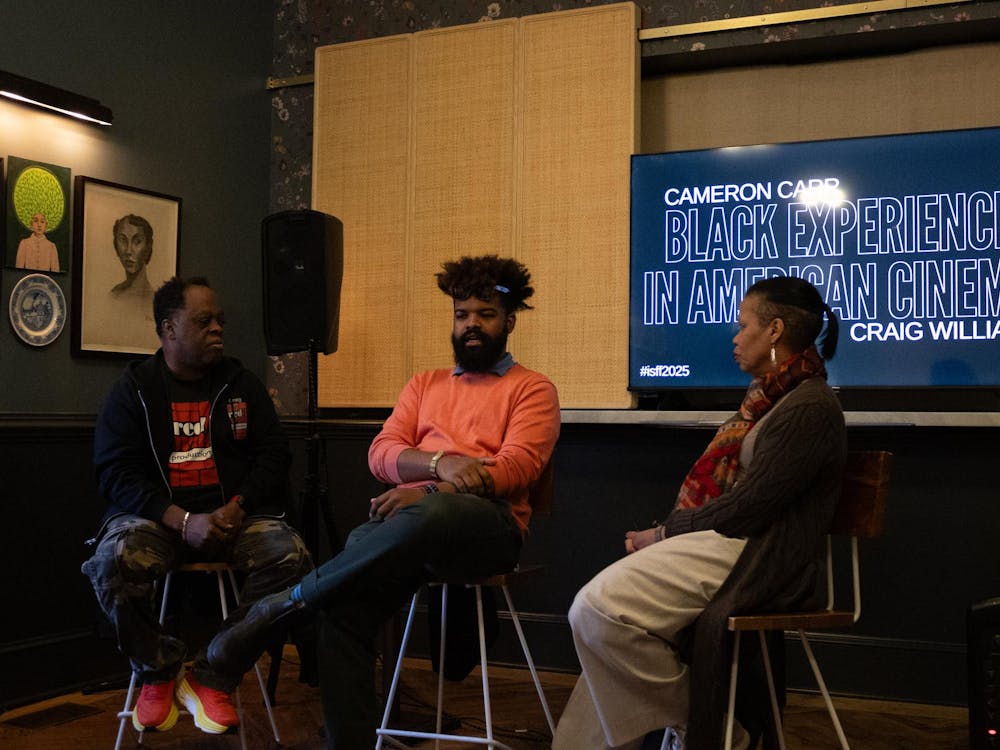Many people dream of traveling adventurously through the world, whether by backpacking Europe, going on a safari in Africa or driving across the United States. From a new perspective, “The Motorcycle Diaries” tells of a trip across South America in the 1950s, but its varied forms of transportation and scenery can’t save its slow, inconsistent plotline.
The movie reflects Che Guevara’s actual diaries of a trans-South American trip that inspired his revolutionary ideas. At this time, Che (played by Gael García Bernal) is 23 years old and still known by his birth name, Ernesto Guevara, or his rugby nickname, Fuser. A bored medical student, he takes a break before his last semester to travel 8,000 miles all over the continent. His companion on the trip is the “gordo” Alberto Granado (Rodrigo de la Serna), a happy but irresponsible biochemist hoping to score with as many women as possible on the trip. While originally dubbed “The Mighty One,” the motorcycle they begin their trip with is an old clunker that frequently breaks down and causes them to crash. Transportation issues, as well as struggles with money, girls and asthma cause for frequent trauma on their trip but also makes for much-needed comic relief. As they travel, they see many people impoverished by social injustice, which causes Ernesto to reconsider the world he lives in.
While the topic of Guevara’s early life would seem very interesting, “The Motorcycle Diaries” fails to captivate. Overall, there just doesn’t seem to be much plot or character development. The film’s beginning scenes, while all showing injustices in Latin America, seem disconnected and hasty. The most interesting passages take place at the leper colony where Ernesto and Alberto volunteer for a few weeks. The duration of their stay allows for a lengthier dive into much-needed plot formation. Through these moments, it is most clear that Ernesto is concerned about the social injustice he sees. However, as the two adventurers travel further, the beautiful views of the Latin American landscape confuse the underlying message, despite fantastic acting.
In the movie, Ernesto is shown to be an honest, honorable youth, and it seems odd that he would become such a harsh militarist later in life. A few lines hint at his future rebellion, but he mostly comes off as an innocent, disillusioned youth here. Since the movie is based off Che’s own memoir, it makes sense that he would be portrayed positively, but the large disconnect between Ernesto’s portrayal in the movie and the radical that people are more familiar with made the story hard to conceptualize and, ultimately, enjoy.
The Department of Spanish, Italian and Portuguese delivered a screening of this movie in a series restricted to students in their first two years of Spanish, and the movies are shown in Spanish with English subtitles. For any Spanish students reading this, check out the other upcoming movies, like “The Two Escobars,” “The Language of the Butterflies” and “Kamchatka.”






